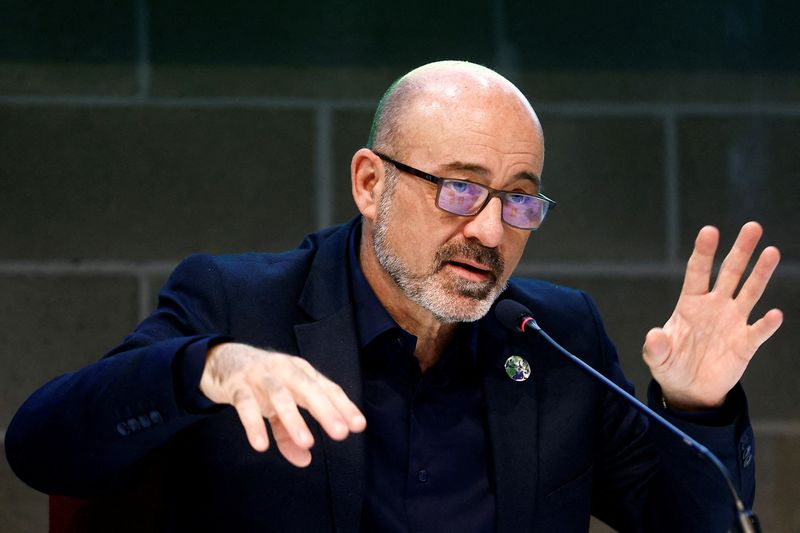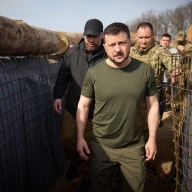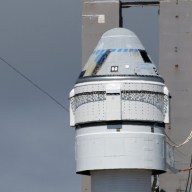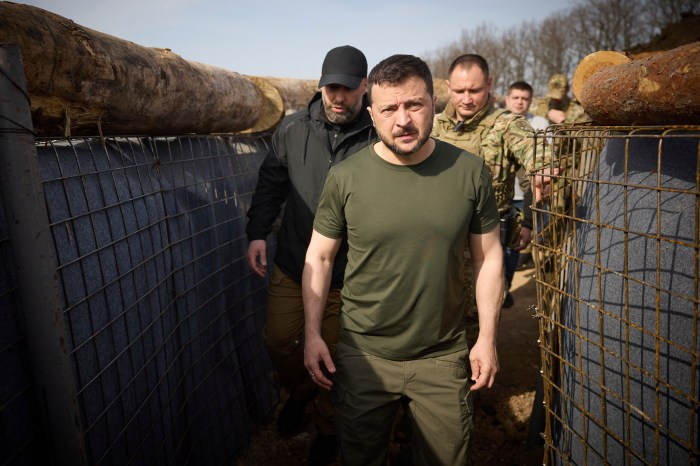ROME (Reuters) -Italy will need at least three years to completely replace its gas imports from Russia with other energy sources, Ecological Transition Minister Roberto Cingolani said on Wednesday.
Rome imports around 30 billion cubic metres (bcm) of gas from Russia every year – some 40% of its total gas imports – and is looking to diversify its energy supplies in response to Moscow’s invasion of Ukraine.
Cingolani told the upper house Senate that completely replacing Russian gas was “possible over a minimum time horizon of three years”.
But he said 20 bcm per year could be replaced in the “near to medium term” by a raft of measures including raising gas imports from Algeria by 9 bcm and raising coal and oil-fueled power production to replace 3-4 bcm of gas.
Other measures included increasing power imports from northern Europe as well as using around 6 bcm more liquefied natural gas (LNG).
Since Russia invaded Ukraine, Italy has ramped up efforts to secure alternative gas sources, with LNG-rich Qatar a particular focus of attention.
Italy’s complex permitting process has virtually stopped development of LNG facilities beyond three plants currently operating which now account for around 20% of daily imports.
Cingolani said floating LNG terminals (FSRU) could be installed 12-18 months after receiving permits to provide 16-24 bcm of gas. Two onshore terminals, with an overall capacity of 20 bcm and already permitted, would take 3-4 years.
“To do this we are checking the status of the permits,” he said.
Longer-term measures to try and plug the gap included doubling capacity on the TAP pipeline carrying Azeri gas, rolling out 8 gigawatts per year of new renewable power capacity and doubling domestic gas production, Cingolani said.
Like other EU member states, Italy has been struggling to curb surging energy costs. The government aims to approve a new package on Thursday to help consumers and firms cope. Cingolani told parliament Rome planned to use increased VAT revenues from higher energy bills to cut excise duties on petrol and diesel.
He said talks were under way on a series of EU proposals regarding state aid rules, clawing back excess profits made by energy companies and temporarily capping wholesale gas prices.
($1 = 0.9091 euros)
(Reporting by Gavin Jones, Giuseppe Fonte and Stephen Jewkes, editing by Giulia Segreti and Elaine Hardcastle)



















